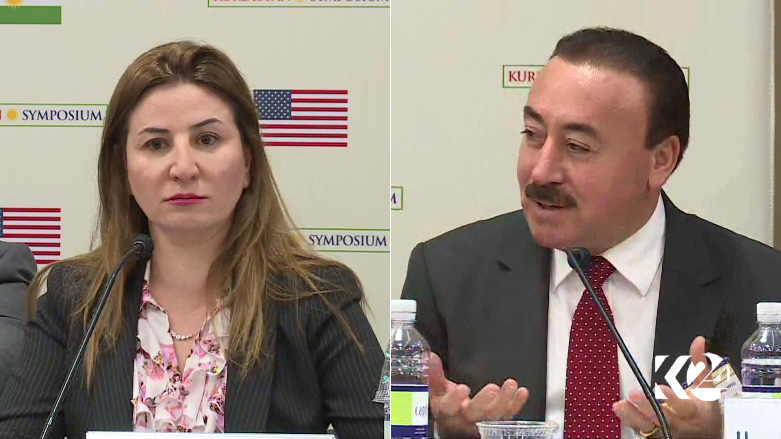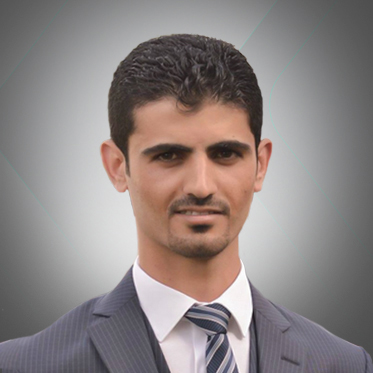Ezidi MPs: Ezidi rights guaranteed under an independent Kurdistan

ERBIL, Kurdistan Region (Kurdistan 24) – Yazidi (Ezidi) representatives in the Kurdistan and Iraqi parliaments have publicly expressed their support for the Kurdistan Region’s independence referendum.
Speaking at a panel on the upcoming Kurdistan Region's independence referendum, Vian Dakhil, a Kurdish Ezidi MP in the Iraqi Parliament, praised Kurdistan for protecting the minority group, stating that “the Kurdistan Region has become a safe haven for all religious and ethnic groups.”
“Ezidis, Shabaks, Christians, and Shias who have been forced by Islamic State (IS) to leave their areas are currently taking refuge in the Kurdistan Region,” she said, adding that the Region promises a brighter future for all of its inhabitants.
An independent Kurdistan in the volatile Middle East would become a "beacon of hope and stability" where the rights of all of its diverse constituents are respected.
“I want to live in a country where I will not be treated as a second and third class citizen,” Dakhil said. She emphasized her point by explaining that Ezidis are prohibited from becoming judges in Iraqi courts, while they are allowed in Kurdistan.
For Ezidis, there are two primary interests related to an independent Kurdistan she said. “One is that our rights and future would be guaranteed and second is that I know no one in this independent state would commit genocide against Ezidis.”
Sheikh Shamo, a Kurdish Ezidi MP in the Kurdistan Parliament who also attended the symposium said that it had been "over ten years since Ezidis have been waiting for the implementation of Article 140" of the Iraqi Constitution to "determine their future."
He urged the US and the Coalition to support Ezidis and allow them to have a voice in their future through a vote on independence from the Iraqi government
“We want to be part of an independent Kurdistan,” Shamo stated, saying what happened to Ezidis in 2014 was the result of Iraq's internal Sunni-Shia sectarian conflict, which allowed IS to grow and expand in the country.
Editing by G.H. Renaud
